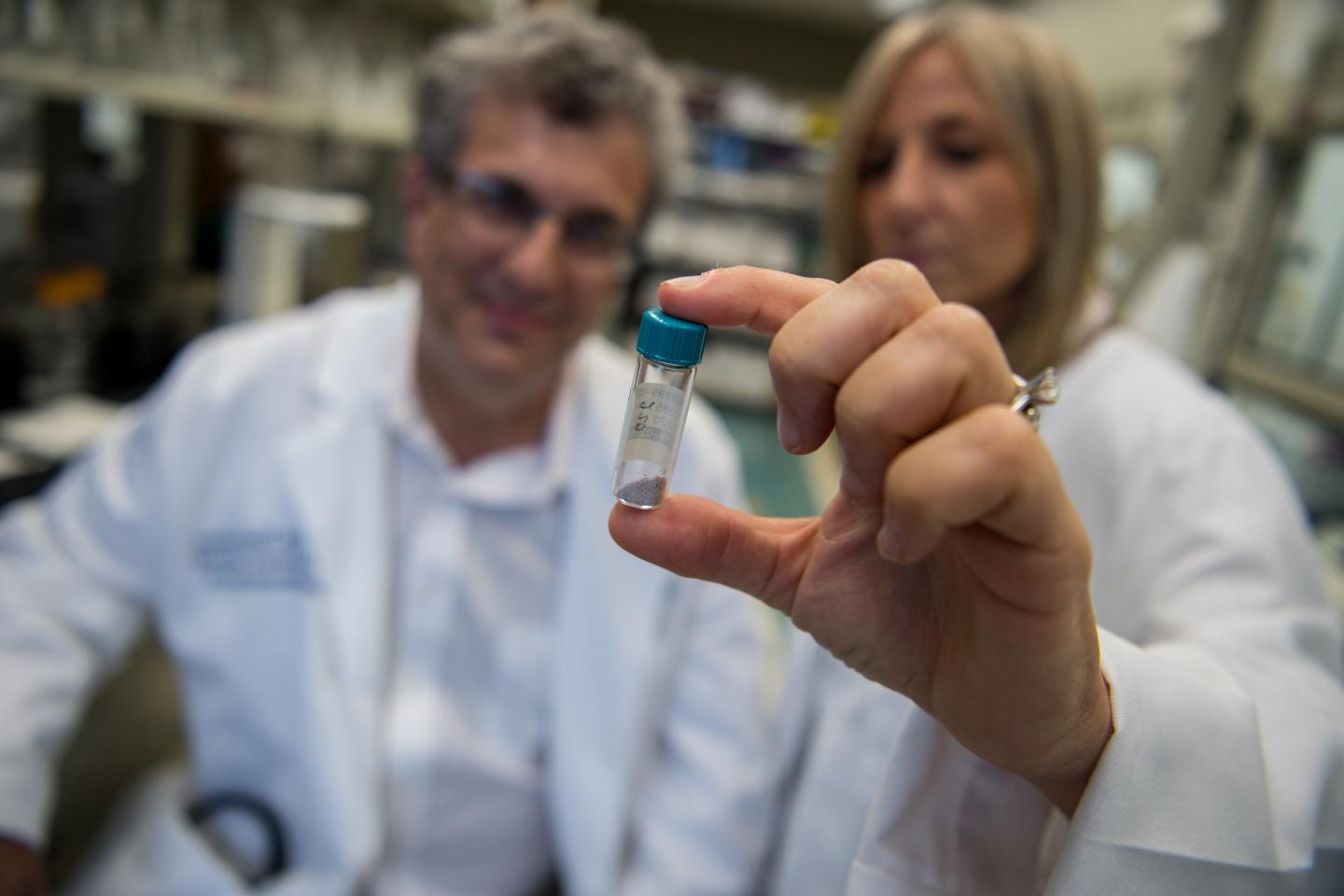A research team from the Johns Hopkins Cancer Center has developed a compound of crucial importance. It blocks the metabolism of glutamine, an amino acid involved in digestive processes, slows tumor growth, and alters the tumor microenvironment. Not only that: it promotes the production of resistant and highly active anti-tumor T cells.
“In theory, this tumor-slowing compound can be used on various types of cancer,” says Jonathan Powell, at the head of the study published online on 7 November on Science.
By targeting glutamine metabolism, we were not only able to inhibit tumor growth and change the tumor microenvironment, but also alter T cells in a way that greatly improved cancer immunotherapy
Jonathan Powell, associate director of Bloomberg ~ Kimmel Institute for Cancer Immunotherapy at Johns Hopkins Kimmel Cancer Center
Although glutamine metabolism is a component of all cells in the body, the drug DON selectively targets cancer cells because they are the "hungiest" for glutamine, Powell said.
“What is emerging in metabolic therapy (which is why it is so important) is that a treatment like ours becomes selective because it preferentially affects the cells that have the greatest demand.”
Powell and colleagues tested the drug, nicknamed DON JHU083, in laboratory sessions on mice with colon cancer, lymphoma and melanoma.
JHU083: the results of an aspiring cancer killer.
“Our initial thought was that if we addressed tumor metabolism we would achieve two goals: slow tumor growth and alter the tumor microenvironment”, he claims Powell.
The tumor microenvironment (i.e. the cells, blood vessels and nutrients found in the tissues adjacent to tumors) is very hostile to the immune response. It is usually acidic, hypoxic and nutrient depleted. In practice it is an "immune system" that defends cancer... from the cure.
In mice, treatment with JHU083 led to a significant reduction in tumor growth and improved survival in many types of cancer. The metabolism of cancer cells is literally derailed. Its effects on the tumor microenvironment are devastating. In some mice, treatment with JHU083 alone led to lasting cures.
Easier to heal, more difficult to get sick again
These cures were facilitated because metabolic therapy triggered the natural antitumor immune response. When the researchers replenished these cancer-free mice with new tumors, they found that nearly all of them rejected the new tumor. This suggests that the JHU083 treatment had produced a powerful immune memory to recognize and attack the new tumor.
The team also demonstrated that treating tumors with JHU083 improved the efficacy of the adoptive cell therapy. It is a type of immunotherapy in which immune T cells are collected and grown in large numbers in the laboratory before being administered to patients to increase the immune response against cancer.


